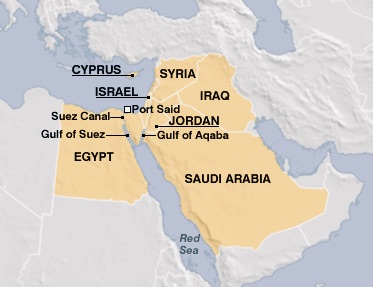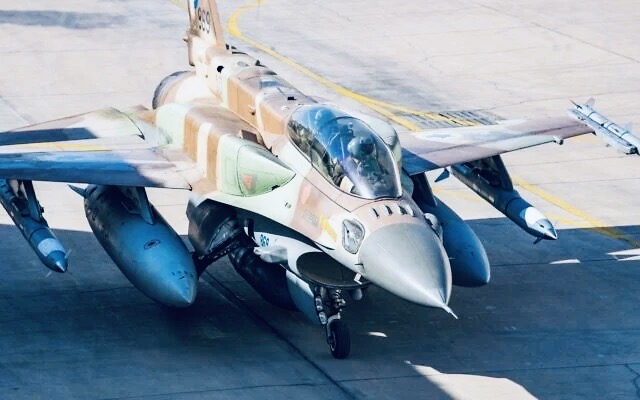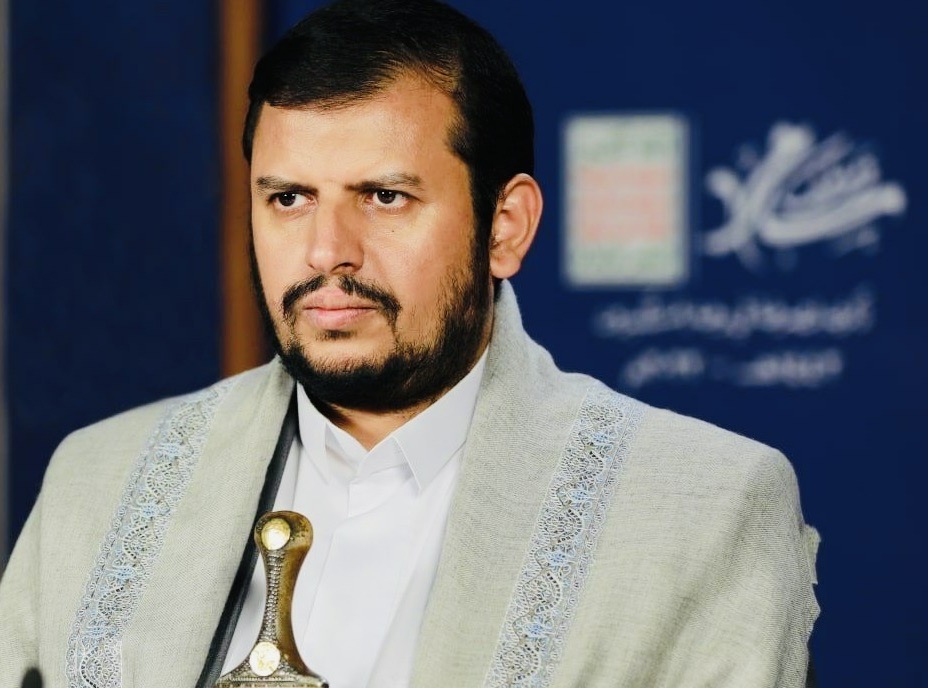The United States recently redesignated the Houthis as a “foreign terrorist organization,” citing the threat they pose to the security and stability of the Middle East.
The designation was originally imposed by President Donald Trump during his first term of office.
It is richly deserved.
The Houthis, a Shi’a tribal group in northern Yemen aligned with Iran and its Axis of Resistance, started attacking merchant vessels transiting the Red Sea shortly after the outbreak of Israel’s war with Hamas in the Gaza Strip. Out of solidarity with Hamas, the Houthis pledged to continue carrying out these attacks until a ceasefire ended the war.
The Houthis’ aggression was extremely damaging, greatly interfering with shipping in the Red Sea, a vital waterway that facilitates the movement of cargo between Asia and Europe. These disruptions had a significantly detrimental effect on the global economy.

Ships that usually plied the waters of the Red Sea to reach European ports, via the Suez Canal, were forced to take the much longer, more expensive route around the Cape of Good Hope in Africa, thereby cutting deeply into Egypt’s revenues.
Alarmed by these events, the United States and several of its Western allies bombed Houthi rocket launchers and military infrastructure in Yemen.
The Houthis, in particular, targeted Israeli-owned ships and Israel’s port of Eilat. In the last 15 months they have launched more than 300 drones and some 40 ballistic missiles at Israeli cities, nearly all of which have been downed by Israel.
Last July, however, a Houthi drone slammed into an apartment building in central Tel Aviv, killing a man. And this past December, 16 people were injured when a Houthi drone struck Tel Aviv.
By way of retaliation, the Israeli air force bombed critical sites in Yemen several times, damaging its major port, power plants and one of its key oil refineries. Undeterred, the Houthis kept on firing projectiles at Israel.

On the eve of the January 19 truce in Gaza, Israel intercepted five Houthi missiles, prompting it to bomb Yemen yet again.
With a ceasefire in place, the Houthi supreme leader, Abdul-Malik al-Houthi, announced that only Israeli-affiliated ships in the Red Sea would be targeted, at least until all three phases of the truce agreement have been implemented. In his announcement, Houthi warned, “We are ready to return to escalation again alongside our brothers, the fighters in Palestine.”
Since the ceasefire is fragile and may yet break down, international shipping companies will be reluctant to return to business as usual in the Red Sea.
Mindful that the Houthis still pose a threat to the world’s economy, Trump on January 23 issued an executive order redesignating the Houthis as a terrorist group. As the White House said in a statement, “The Houthis’ activities threaten the security of American civilians and personnel in the Middle East, the safety of our closest regional partners, and the stability of global maritime trade.”
In issuing this order, Trump cancelled a directive by his predecessor, Joe Biden, who lifted the designation describing the Houthis as a terrorist organization. The Biden administration adopted this policy to alleviate the dire humanitarian crisis in Yemen, where half the population requires assistance to meet the basic necessities of life.
Last year, in reaction to a barrage of Houthi attacks against the U.S. Navy in the Red Sea, Biden toughened his position, labelling the Houthis as a “specially designated global terrorist” organization, a less severe designation.
The Trump administration dropped that designation, redesignated the Houthis as a “terrorist organization,” and announced its intention to “eliminate” its “capabilities and operations” in cooperation with regional partners.
Details have yet to be released, but the United States’ determination to contain the Houthis is long overdue. As Israeli Foreign Minister Gideon Sa’ar said, “This is an important step in fighting terror and combat the destabilizing elements in our region.”
